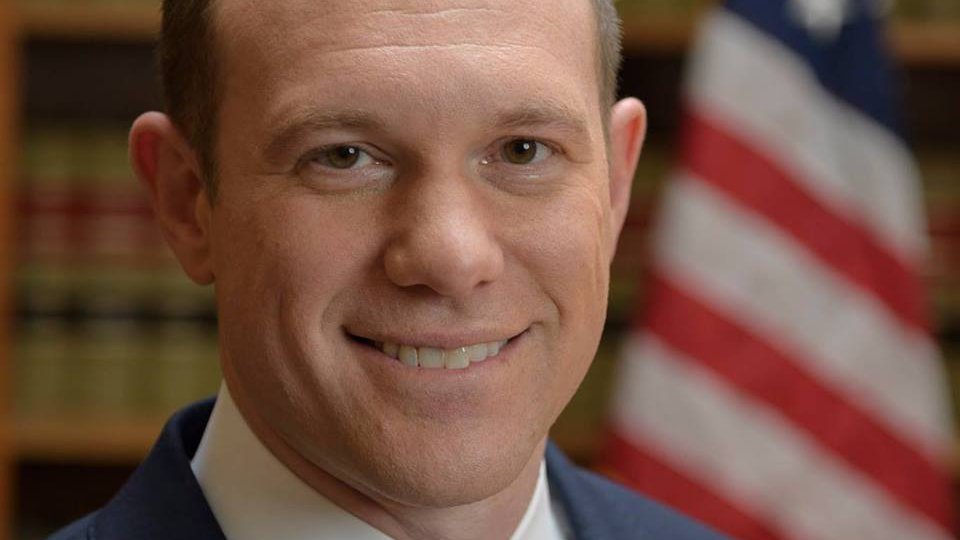
TRENTON – Legislation sponsored by Senator Colin Bell providing immunity to emergency personnel for the administration of up to three doses of an opioid antidote to overdose victims cleared the full Senate today. The bill was also sponsored by the late Senator Jim Whelan.
“Fentanyl is so potent, it may require several doses of naloxone to bring someone out of a fentanyl overdose,” said Senator Bell (D-Atlantic). “First responders who encounter overdose victims should only need to worry about saving lives and not about potential liability.I am proud to sponsor this legislation in memory of Senator Whelan’s tireless struggle for the most vulnerable and for those he has represented. Senator Whelan wanted to provide first responders with the necessary resources to save lives, and that is what this bill does.”
The bill, S-3083, clarifies that authorized persons which includes, but is not limited to, emergency medical technicians, paramedics and fire fighters, may administer up to three doses of an opioid antidote or any FDA-approved opioid antidote to an overdose victim through intranasal application, or through an intramuscular auto-injector, as may be necessary to revive the victim with immunity under “Overdose Prevention Act” (OPA).
The measure also require the Commissioner of Health to provide, within 7 days of the effective date of the bill, written notice of the provisions of the bill to all emergency response agencies affected by the bill. The bill further specifies that prior consultation with, or approval by, a third-party physician or other medical personnel is not required as a condition of administering up to three doses of an opioid antidote, through intranasal or intramuscular means, as provided by the bill to the same overdose victim.
The bill also extends to 45 days, the timeframe in which the Commissioner of Health must provide written notice to emergency medical service providers under the bill.
The Task Force on Drug Abuse Control, established in January 2017, recommended on September 17, 2017 to increase the amount of Narcan (or Naloxone) that Emergency Medical Technicians (EMTs) can carry and dispense to 4 mg an increase from the current allowed 2 mg dosage. According to the taskforce’s report, in 2016, New Jersey experienced 2,100, non-alcohol, drug-related deaths almost double the amount of 1,600 deaths experienced in 2015.
In 2015, deaths attributed to fentanyl increased to over 400 and in 2016 there were more than 800 deaths. Fentanyl is a strong synthetic opioid that is rapidly absorbed by the body.
The bill cleared the full Senate with a vote of 33-0. The bill goes back to the Assembly for a final vote.

